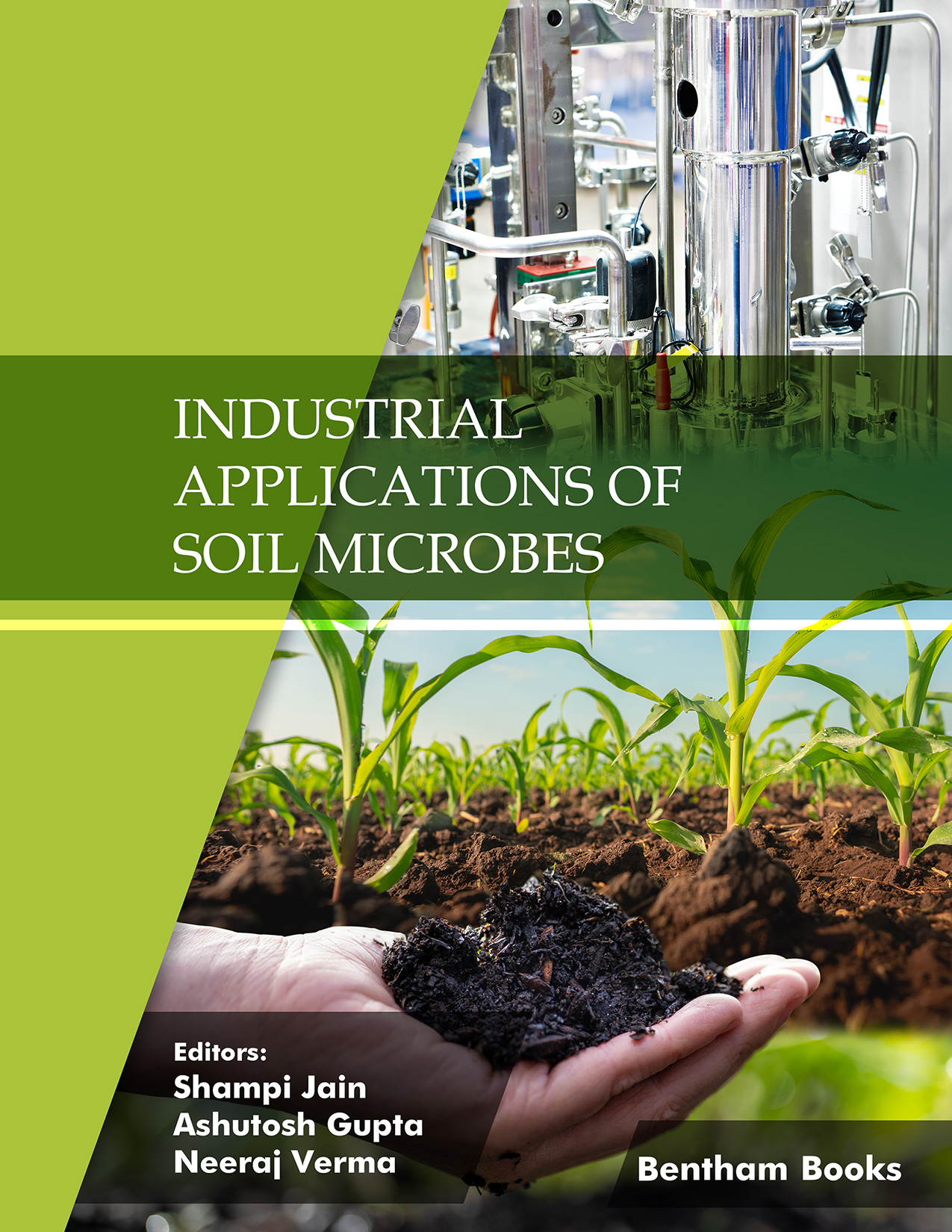Introduction
This volume is a compilation of reviews on the industrial usage of soil microorganisms. The contents include 16 brief reviews on different soil microbe assisted industrial processes. Readers will be updated about recent applications of soil bacteria, fungi and algae in sectors such as agriculture, biotechnology, environmental management.
The reviews also cover special topics like sustainable agriculture, biodiversity, ecology, and intellectual property rights of patented strains, giving a broad perspective on industrial applications of soil microbes.
Volume 2 includes reviews on destructive microbes like Macrophomina Phaseolina, eco-friendly microbes like
Beauveria Bassiana, the identification of fungi in the rhizosphere, the industrial application of
Trichoderma, and other topics. The text is easy to understand for readers of all levels, with references provided for the benefit of advanced readers.
Audience
General readers, microbiology and biotechnology enthusiasts, science students, and industrial trainees

